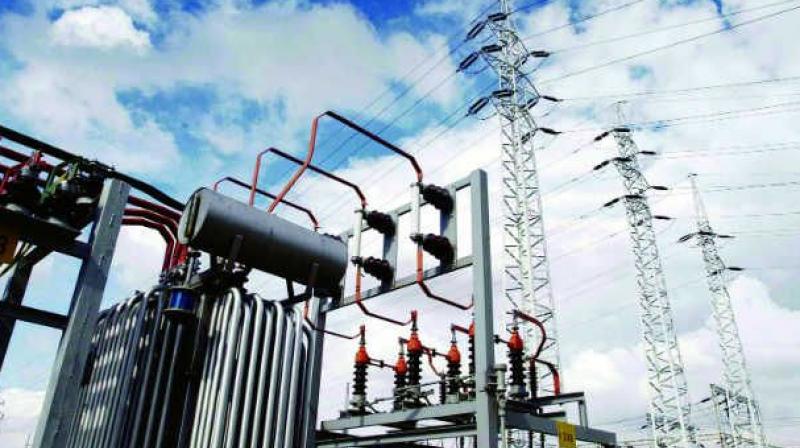KSEB billing system half-baked'
The data is then uploaded into the billing software.

Thiruvananthapuram: KSEB Limited ‘comprehensive billing system’ for industrial consumers has turned out to be a half-baked one with many of the features originally envisaged were not built into the system software. The absence of adequate input controls resulted in processing of incomplete, inaccurate and unreliable data and consequent generation of incorrect bills.
This was revealed in the report of the Comptroller and Auditor General on Public Sector Undertakings, which was tabled in the Assembly on Tuesday. The power consumption of HT and EHT consumers was assessed for billing by assistant engineers at electrical station offices through meter reading. The data along with other details were then sent to the corporate office. The data is then uploaded into the billing software.
The contract for providing and implementing HT/EHT billing system and web-enabled services were awarded to Tata Consultancy Services. The Audit observed the following: Delay in framing of system requirement specification, incomplete development of software, lack of planning in implementation, and non-implementation of automated meter reading system.
All business processes relating to billing, collection and accounting of HT/EHT consumption had to be mapped correctly in the application software. The Audit noted further that the business processes mapped in the software had to be compliant with the applicable laws, rules and regulations. “This is to ensure that the amount billed and collected conformed to the prescribed rules and regulations. We observed that relevant business rules had not been fully and correctly mapped into the application, which had an impact on the revenue realisation.”
For instance, it was found that the revised categorisation of consumers and their tariffs were not updated and mapped in the software. Consequently, 11 banking companies, three guest houses, three insurance companies and three telecommunication companies continued to be billed under the pre-revised tariffs, resulting in excess collection of energy charges of nearly Rs one crore from these consumers.

